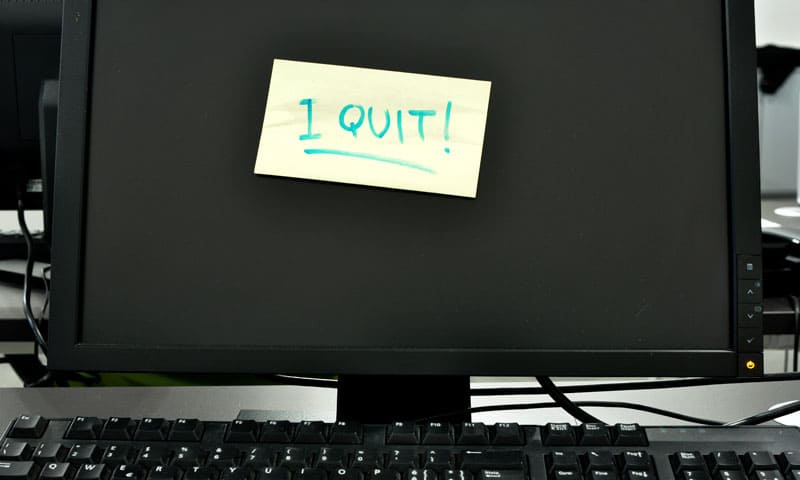On Wednesday, the 2nd U.S. Circuit Court of Appeals ruled that the U.S. companies in the lawsuit cannot be held liable in the US for crimes committed by the former apartheid government in South Africa.
The plaintiffs in the instant case had brought lawsuits against IBM, Daimler and Ford under the Alien Tort Statute that allows non-U.S. citizens to file lawsuits in US federal courts for violations of international law including alleged human rights violations committed abroad.
The plaintiffs had accused the US companies of knowing that the equipment and vehicles they sold to the former government in South Africa were being used against black citizens to violate their rights.
However, the 2nd Circuit held that such claims must be rejected in light of recent Supreme Court decisions, and sent the matter back to the lower courts to formally dismiss them there.
Writing for the unanimous majority, Circuit Judge Jose Cabranes cited a recent decision of the US Supreme Court in Kiobel v. Royal Dutch Petroleum Co which mentioned, “federal courts may not, under the ATS, recognize common-law causes of action for conduct occurring in the territory of another sovereign.”
The class action lawsuits are supported by many luminaries including South African Archbishop Desmond Tutu, who received the Nobel Peace Prize.
The initial complaints included more than 50 US companies, but the list of defendants was later pared down. The 2nd Circuit mentioned in its ruling that the defendant companies can request the lower court to dismiss the lawsuits.
The lawsuits have a tortuous history. They were initially filed 11 years ago, but in 2004 U.S. District Judge John E. Sprizzo tossed them out saying he did not have the jurisdiction to try them, while noting that Congress had supported business investment in South Africa as a means to reduce poverty and achieve greater respect for human rights.
The 2nd Circuit had reinstated the cases in 2007, holding that the grounds cited were insufficient to dismiss the cases as international interests should not always supersede interests of human rights.
However, recent decisions of the Supreme Court regarding application of the Alien Torts Statute, again changed the scenario.

















































